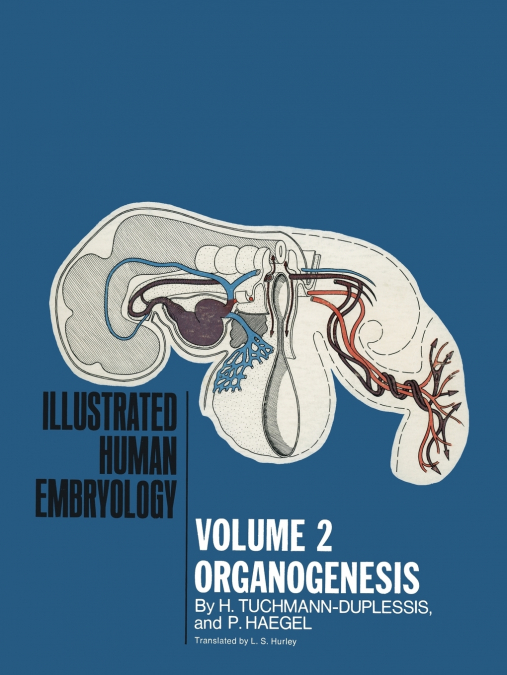
H. Tuchmann-Duplessis / P. Haegel
MBRl’OLOGl’ studies the succession of transformations undergone by the fertilized E egg in the formation of a new individual. Development of the embryo is directed by morphogenetic mechanisms ruled by a strict chronology. Survival of the egg, its -transport in the genital tract, and the adaptation of the maternal organism to its presence are controlled by hormonal actions. Knowledge of these subjects is proving to be increasingly important for the medical practitioner. Such information helps to explain anatomic correlations; organ relation ships also illuminate the etiology of numerous pathologic conditions. Disturbances of prenatal development engender congenital malformations and constitute an important cause of perinatal mortality and postnatal morbidity. We are gratef’ul to numerous student.~ and colleagues whose cooperation has aided preparation of this book. THE AUTHORS. TRANSLATOR’S PREFACE Translation of this work was undertaken in order to make available in English this excellent and unusual aid for the teaching arid study of mammalian, primarily human, embryology. This hook emphasizes visual presentations. It combines the use of exceptionally clear and instructive drawings with photomicrographs and concise but complete text 111 an exposition of the dynamic aspects of development. Thus, the three volumes of this book will be of help in preparation and review for students, research workers, medical practitioners such as obstetricians and pedia tricians, and-others who are concerned with embryology. Analysis of the precise timing of various stages of human development makes it especially useful for all who are interested in the study and prevention of congenital malformations.